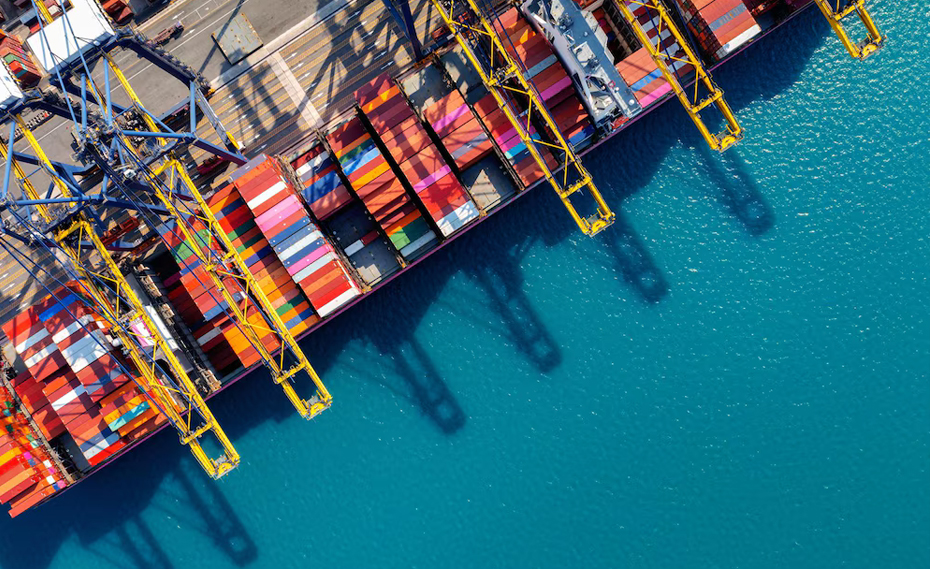
When it comes to the transportation of refrigerated goods, the first thing that comes to mind is reefer containers. These are specially designed containers that maintain a specific temperature throughout shipping to preserve the quality of the goods being shipped. In current dynamics, these containers play an important role in transporting goods from one place to another without losing their quality. However, there are still some individuals who have not uncovered the advantages of reefer containers. To enlighten those, in this guide, we will explore the advantages of using reefer containers in sea freight. So, without further ado, let's dive into this!
Before we start exploring the advantages of reefer containers, let's first explore some of the basics, which is what reefer containers are exactly. Reefer containers are also well-known as refrigerated containers. These are specialized shipping containers that are designed to maintain precise temperatures consistently, which is ideal for transporting goods like fruits, vegetables, meat, and pharmaceuticals. Now that you understand what reefer containers are let's start focusing on the advantages of using them.
Reefer containers are specialized in nature to deal with cargo and shipments, making them unique and helping them offer a variety of benefits while transporting goods. To understand these advantages properly, we dedicated this section:
Reefer containers, also known as refrigerated containers, make it obvious that their primary benefit is temperature control. Their ability to maintain the temperature not only supports the goods in the long journey of Sea Freight but also keeps goods fresh and of high quality. Reefer Containers typically set temperatures to -30°C and +30°C, but this mostly depends on the type of cargo and its requirements.
Due to its temperature control ability, it can become the first choice for transporting sensitive cargo and shipments. For example, frozen, chilled items, and even heated goods. This feature unlocks endless possibilities to transport through reefer containers, such as food, chemicals, electronics, and, more importantly, the pharmaceutical industry.
Reefer containers can sustain the quality of products for a very long time. This unlocks new opportunities for businesses to explore different and diverse markets to expand their reach. With their help, businesses can feel secure about the supply chain risks and goods degrading quality.
A reefer comes at a higher price compared to regular dry containers. But considering all the additional factors, such as maintaining product quality and reducing waste, Reefer containers undoubtedly become the cost-effective solution. Also, they support you by significantly increasing the product's shelf life, which wouldn't be possible without them, resulting in additional losses for the business owners.
The advanced reefer containers are designed with energy efficiency in mind. This provides a variety of advancements, such as insulating covers and effective cooling technology, which reduce energy consumption. Also, when you compare sea freight reefer containers with cold chain air cargo, you can easily figure out the difference between the carbon footprints of these two.
Sea freight reefer containers are equipped with advanced monitoring systems. This provides the cargo with enhanced safety and transparency, ensuring the goods are transported safely and soundly to the final destination.
Reefer containers are actually a great aid in enhancing logistics and transportation. With its temperature control features, global reach, cost-effectiveness, and ecological impact, it becomes a versatile and reliable option for transporting cargo globally. In the end, we hope you find this guide helpful and informative to learn more about the Advantages of using reefer containers in sea freight. However, if you have any questions regarding Reefer containers service or are looking for Reefer containers in sea freight, feel free to contact us. We are a worldwide goods transportation service provider that truly meets the needs of shipments.